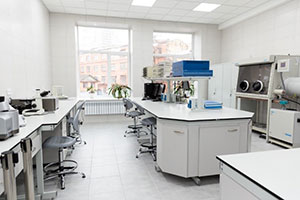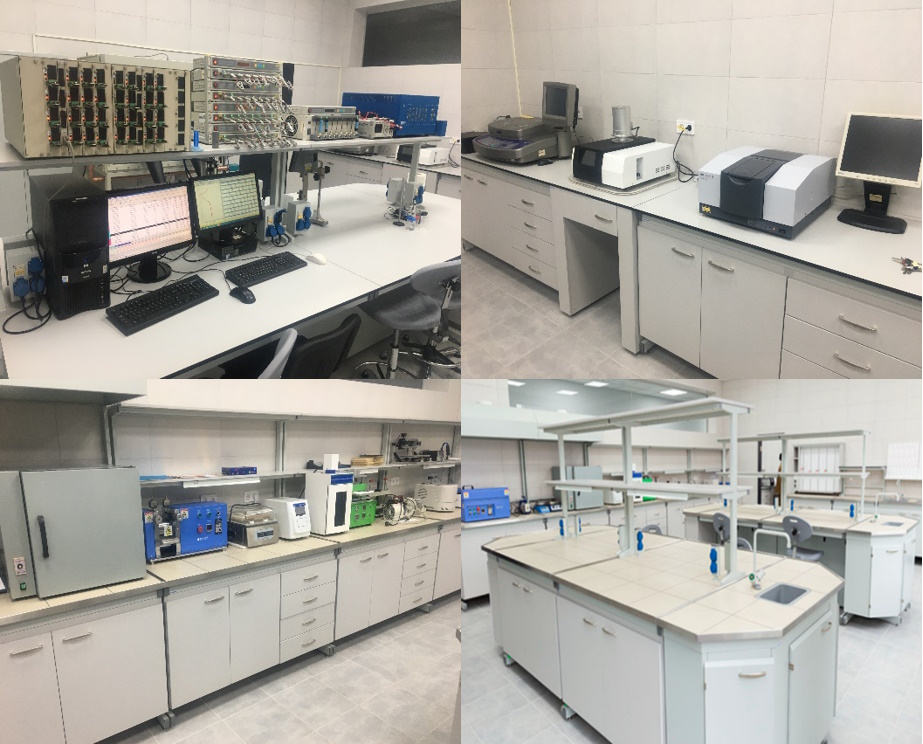 |
Educational and scientific laboratory "Advanced Materials and Processes in Electrochemical Energy Systems" |
|
Department: Chemical Technologies and Resource Saving Supervisor: Dr. Sci., Volodymyr Khomenko Address: 2 Mala Shyianovska (Nemyrovych-Danchenko) Str., Kyiv, Building 1, Rooms: 1-0225, 1-0227, 1-0229 e-mail:
|

